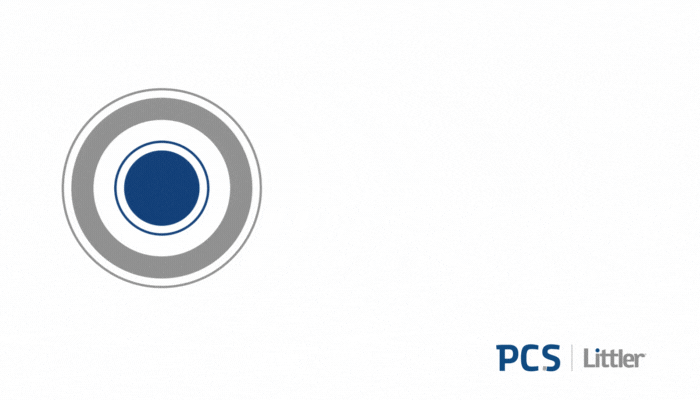Starting from September 2, 2020 Poland has modified the list of countries able to make direct flights to Poland. Direct flights to Poland remain banned in case of 44 countries. Full list of the 44 banned countries is presented below:
1) Belize;
2) Bosnia and Herzegovina;
3) Montenegro;
4) Brazil;
5) Bahrain;
6) Eswatini (formerly Swaziland);
7) Spain;
8) Mexico
9) Israel;
10) Qatar;
11) Kuwait;
12) Libya;
13) Albania;
14) Argentina;
15) Armenia;
16) Chile;
17) Dominican Republic;
18) Ecuador;
19) Guatemala;
20) Honduras;
21) India;
22) Iraq;
23) Kazakhstan;
24) Colombia;
25) Kosovo;
26) Costa Rica;
27) Lebanon;
28) North Macedonia;
29) Maldives;
30) Malta;
31) Moldova;
32) Namibia;
33) Panama;
34) Paraguay;
35) Peru;
36) Republic of South Africa (RSA);
37) Salvador;
38) Suriname;
39) Cape Verde;
40) Romania;
41) United States of America;
42) Luxembourg;
43) Bolivia;
44) Bahamas.
With the new list in force, Russia and China will be now able to organize direct flights to Poland.
For the first time after opening for flights for most countries of the world on August 12, Poland has decided to restrict some EU countries from direct flights: Malta, Spain and Romania.
Following the fact that the new list includes various popular summer destinations, charter flights that were chartered by travel companies before September 2 will be still able to make direct flights to Poland. Previous regulations on international flights did not include such an exception.
The list of countries banned from flying to Poland is planned to remain in force until September 15. We expect that a new list will be published on the same date.
Restrictions on categories of foreigners eligible to enter Poland remain applicable in case of incoming travels from outside of the Schengen zone (subject to numerous exceptions).
Passengers of direct flights to Poland are exempt from obligatory post-entry quarantine in Poland (except travelers of direct flights from Russia, Belarus and Ukraine – post-entry quarantine obligation applies for these countries).
From September 2, mandatory quarantine after crossing border is shortened to 10 days from previously applicable 14 days.
For regular cases, e.g. when quarantine applies due to crossing Polish border, quarantine will end after 10 days. Medical check by a doctor or COVID test will not be required.
For persons that did show symptoms of COVID, a doctor will decide based on a so-called “televisit” (remote appointment) if the person should remain longer on a quarantine. A COVID test will not be mandatory to end quarantine for such person.


